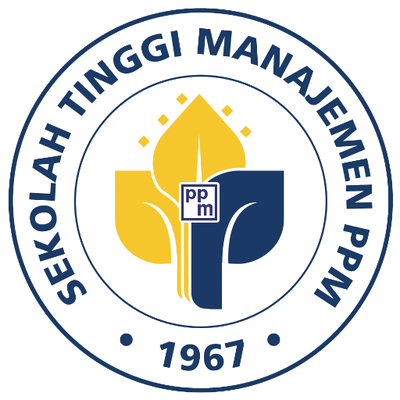Analysis the Internalization of Core Values at UNIDA Gontor Business Unit
Abstract
Keywords
Full Text:
PDFReferences
Ali, M., Aziz, S., Pham, T. N., Babalola, M. T., & Usman, M. (2020). A positive human health perspective on how spiritual leadership weaves its influence on employee safety performance: The role of harmonious safety passion. Safety Science, 131 (July), 104923. https://doi.org/10.1016/j.ssci.2020.104923
Anwar, J., & Hasnu, S. (2013). Ideology, Purpose, Core Values and Leadership: How they influence the Vision of an Organization? International Journal of Learning and Development, 3(3), 168. https://doi.org/10.5296/ijld.v3i3.3642
Ekwutosi, O. C., & Moses, O. S. (2013). Internalization of Organizational Culture : A Theoretical Perspective. International Journal of Business Tourism and Applied Sciences, 1(2), 77–96.
Essawi, M., & Tilchin, O. (2012). Structural approach to changing organizational cultural values. International Journal of Business and Social Science, 3(20), 173–180.
Kuswati, Y. (2020). The Influence of Organizational Culture on Employee Performance. Budapest International Research and Critics Institute (BIRCI-Journal) : Humanities and Social Sciences, 3(1), 296–302. https://doi.org/10.33258/birci.v3i1.761
Niati, N., Tanjung, H., & Yasid, M. (2020). Prophet Muhammad (PBUH) Business Management In Organizational Development (Case Study Of Wikrama-Bogor Vocational School). Jurnal Manajemen, 11(1), 01. https://doi.org/10.32832/jm-uika.v11i1.2692
Norlela Kamaluddin, & Manan, S. K. A. (2010). The Conceptual Framework Of Islamic Work Ethic (Iwe). Malaysian Accounting Review, 9(Vol. 9 No. 2), 57–70. https://doi.org/10.1016/S0140-6736(81)90797-2
Priyono, S. (2019). Jurnal Ekonomi dan Bisnis Islam Concept And Implementation of Good Corporate Governance In Sharia Banking In Indonesia Jurnal Ekonomi dan Bisnis Islam. Ad-Deenar Jurnal Ekonomi Dan Bisnis Islam, 3(2), 113–144. https://doi.org/10.30868/ad.v3i2.553
Rahmat, I., & Juwana, L. (2018). Working Islamic Management: Sebuah Best Practice Internalisasi Islam Dalam Organisasi Bisnis Kuliner. JEBIS (Jurnal Ekonomi Dan Bisnis Islam), 3(1), 103. https://doi.org/10.15548/jebi.v3i1.148
Samul, J. (2020). Spiritual Leadership : Meaning in the Sustainable Workplace. Sustainability, 12(1), 267. https://doi.org/https://doi.org/10.3390/su12010267
Suci, R. D. (2020). Internalisasi Nilai-Nilai Etika Bisnis Islam Dalam Pengembangan Sumber Daya Manusia (Studi Kasus Ayam Penyet Surabaya Cabang. http://repository.iainpurwokerto.ac.id/8744/
Syamsuri, S., & Saputro, Y. E. (2019). Panca Jiwa As Social Capital Approach: an Alternative Strategy for Islamic Economic Development. Jurnal Ekonomi Dan Keuangan Islam, 7(2), 180–203. https://doi.org/10.22373/share.v7i2.2668
Uci sanusi. (2012). Pendidikan Kemandirian di Pondok Pesantren (Studi Mengenai Realitas Kemandirian Santri di Pondok Pesantren Al-Istiqlal Cianjur dan Pondok Pesantren Bahrul Ulum Tasikmalaya). Pendidikan Agama Islam -Ta’lim Vol. 10 No. 2 - 2012, 10(2), 139.
Wang, M., Guo, T., Ni, Y., Shang, S., & Tang, Z. (2019). The effect of spiritual leadership on employee effectiveness: An intrinsic motivation perspective. Frontiers in Psychology, 9(JAN), 1–11. https://doi.org/10.3389/fpsyg.2018.02627
DOI: https://doi.org/10.34149/jmbr.v19i1.261
Indexing
JMBR Editorial Office: PPM School of Management, Jl. Menteng Raya 9-19 Jakarta 10340 Phone: 021-2300313 ext 2354

License
JMBR is using CC BY License
This work is licensed under a Creative Commons Attribution 4.0 International License.



















